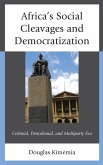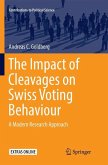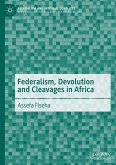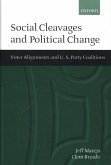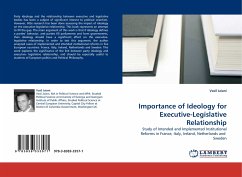The democratisation period in Greece was marked by a particular social occasion that brought about the creation of PA.SO.K. (Panhellenic Socialist Movement) and its rise to power. PA.SO.K. has been placed in the ambivalent type among western European social democratic parties. Its ideology combined elements of socialism, populism, nationalism, and also included elements met within agrarian or centre parties. The aim of this research is to explain PA.SO.K.'s ideology with reference to the social cleavages that dominated Greek society during the 1970's and to define the social characteristics of those social groups that supported it. To what extent did this ideology match those cleavages and which social groups did PA.SO.K. manage to mobilise? The period under examination starts from the creation of the modern Greek state, in order to briefly review the main social cleavages and the particular circumstances under which they arose, but the main focus is on the post-dictatorship era,from 1974 to 1981. This publication intends to be of use not only to students of political parties, but also to anyone aiming to understand modern Greece.


